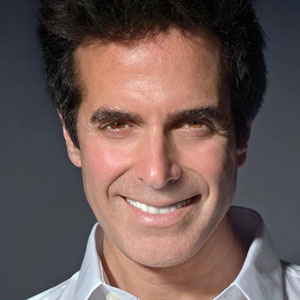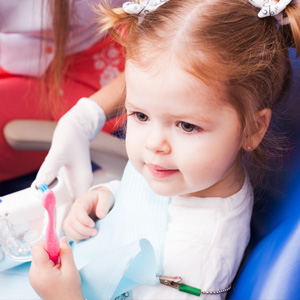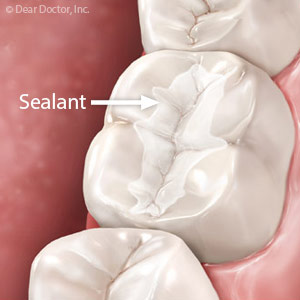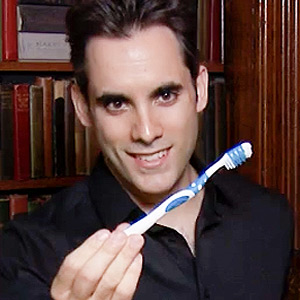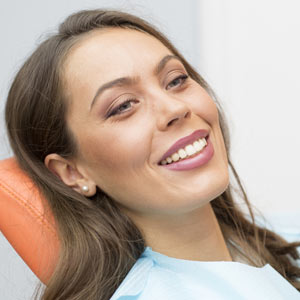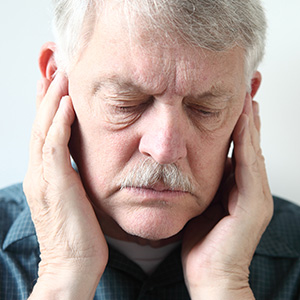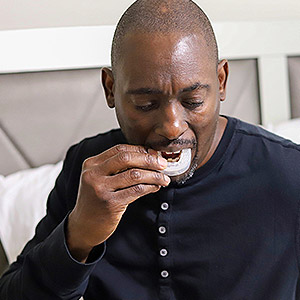

If you live an average lifespan, you’ll spend more than 200,000 hours in blissful slumber. It’s not a waste, though: You absolutely need this much sleep to maintain optimum physical and mental health. That’s why the National Sleep Foundation recognizes each March as Sleep Awareness Month to highlight the obstacles to a good night’s sleep. One such obstacle is obstructive sleep apnea (OSA)—and if you have it, we may be able to help you reduce the harm it may be causing you.
OSA is the blockage of the airway during sleep, usually when the tongue relaxes against the back of the throat. As the oxygen level falls, the brain arouses the sleeper to restore airflow. This only takes a few seconds before the person slips back into sleep, but it can occur several times an hour.
As this scenario repeats itself night after night, the person becomes deprived of the deeper stages of sleep they need to stay healthy. The long-term effect can even be life-threatening: Besides chronic fatigue and “brain fog,” there’s also an increased risk of high blood pressure, disease or other serious health conditions.
But there are ways to reduce chronic OSA, the most common being a therapy known as continuous positive airway pressure (CPAP). A CPAP machine, prescribed by a medical doctor, consists of a small pump that streams pressurized air into the mouth through a hose and facemask; the increased air pressure in the mouth helps keep the airway open. It’s a proven method, but not always a favorite with some patients who find it uncomfortable and restrictive to wear every night.
If you’re in that camp regarding CPAP therapy, an alternative may be possible: oral appliance therapy (OAT), which dentists can provide. Worn in the mouth during sleep, this custom-fitted mouthguard-like appliance repositions the tongue so that it doesn’t block the airway. There is a variety of mechanisms, but most involve a hinge that positions the lower jaw forward, which in turn pulls the tongue away from the back of the throat.
These less invasive OAT devices may be an alternative to CPAP therapy for people who have mild to moderate OSA and find CPAP machines difficult to use. If you’ve been diagnosed with OSA and CPAP therapy hasn’t been a good fit for you, speak with us about an OAT device. It could help you overcome this common disorder and get the deep sleep you need for a healthy mind and body.
If you would like more information about a dental approach to obstructive sleep apnea, please contact us or schedule a consultation. To learn more, read the Dear Doctor magazine article “Sleep Disorders & Dentistry.”

